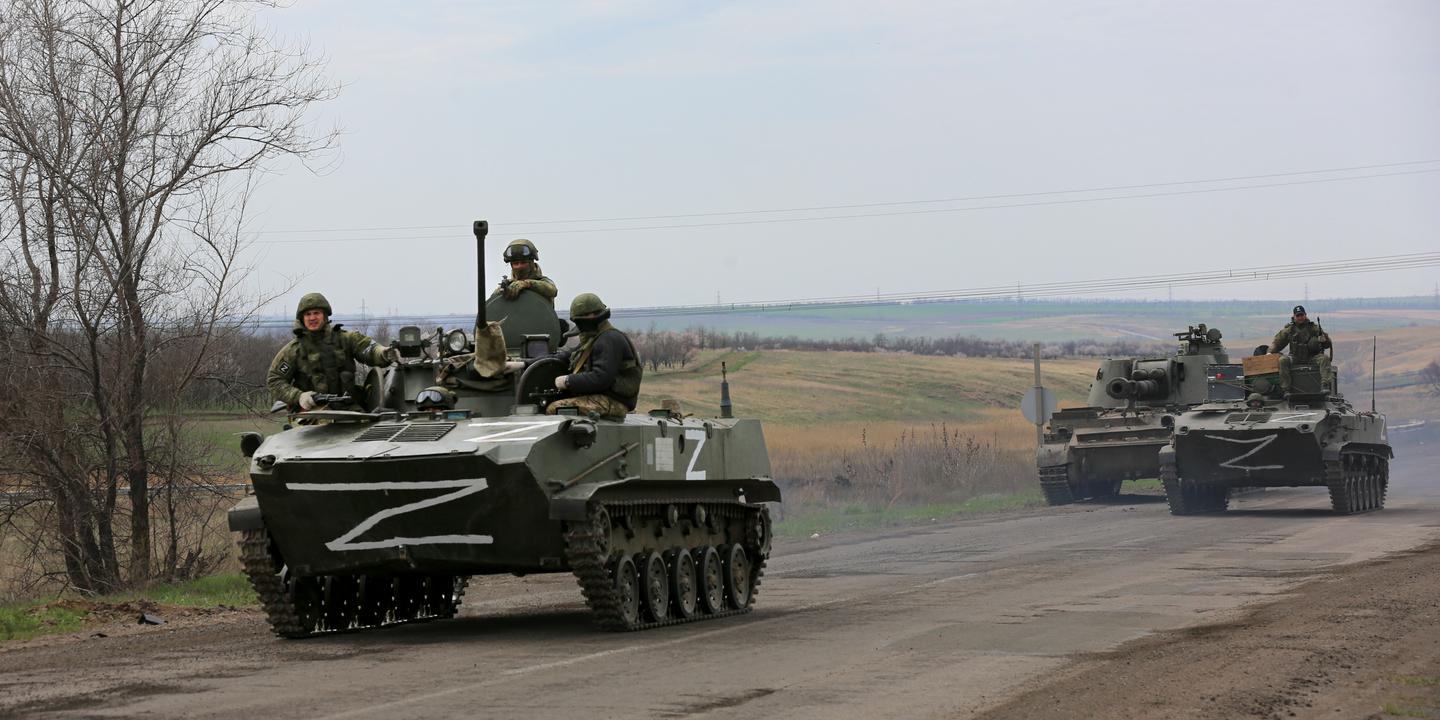The City of the Doges is turning the screw. After the ban on certain cruise ships in the lagoon and the reservation (paying) to explore the center, the municipality is embarking on a new battle: abolishing the “tourist shops”.
The Doge’s City benefits as much from tourism as it suffers from it. And that’s not it La Republica who else will say. “Miniature gondolas, small masks from carnival plastic all year round, and snack vending machines for 2 euros. This is the image that the shop windows of Venice now offer tourists », describes the Roman daily. Based on this observation, the municipality is preparing to adopt an ordinance that will prohibit the opening of new commercial activities considered cheap in certain historic areas of the city center. During the next three years, “In all areas where there is a lot of pedestrian traffic and where there are protected buildings, there will be no more permits to open new businesses selling low-quality merchandise”reports the Corriere della Sera †
These rules will be even stricter in the historic and hyper-central Saint-Marc district. “It will be prohibited to open new outlets for masks and non-craft souvenirs, vending machines, laundromats and even supermarkets selling drinks and snackscontinues the Milanese daily. Only butchers, fishmongers and fruit and vegetable shops are allowed. †
Read alsoThe Venice of the Venetians in 25 addresses
“A brave choice”
While not yet adopted, will these regulations be sufficient to overtourism † Maybe not, but the mayor of the city – the businessman Luigi Brugnaro – makes it a point to underline it: it’s about“a brave choice, unprecedented in Italy”. The measure should, among other things, make it possible to: “to curb the sale of trinkets, focus on quality and block activities that engage in unfair competition”underlines the aedile on the right in the columns of La Republica† It must be said that Venice is particularly threatened by the mass tourism† Every year, 30 million tourists visit the historic center and its canals, which are a UNESCO World Heritage Site. Faced with this incessant coming and going, the lagoon’s 55,000 residents try at all costs to stop the flow of visitors and preserve their city. And their anger was finally heard.
The Cruise ships more than 25,000 tons are no longer allowed to travel on the Giudecca Canal, one of the two main waterways around Piazza San Marco. Much to the relief of the Venetians. With effect from August 1, 2021, this ban is only a first step in the desire to regulate tourist presence, as from the summer of 2022 the “Sérénissime” will just pay off† The price? Between €3 and €10 (depending on the season) to visit the historic center and the canals. This should allow the authorities to know the number of visitors who come in each day, thanks to the installation of electronic turnstiles at the various access points. To believe that the concept of ‘city museum’ would become a reality.
Read alsoVenice: the best places to eat between visits
Tourist tax, demarketing… Strategies against overtourism
However, Venice is not the only city that has taken radical measures to preserve its heritage and the environment. Under the combined effect of the health crisis and environmental concerns, more and more destinations are imposing restrictions on tourists: tourist tax, increase in parking price, introduction of paid shuttles, tourist quota, limited length of stay (up to four hours on Machu Picchu or thirty days on Easter Islandfor example)…
Because local authorities sometimes miss the call, some tourist sites do not hesitate to play the “demarketing” card† This is the case of Calanques National Park which broadcasts on its website pictures of crowded beaches, accompanied by somewhat unpleasant texts: “Many photos of celestial coves taken in the Calanques are circulating on social networks… But these photos do not show the long walk required to access the sites. † A strategy that aims to protect the environment, the local population and the travelers themselves by influencing the choices of the sites visited. All is well to limit mass tourism…



